At long last, a distinguished professor publishing with a major academic press, has defied the canons of scholarship, with their stale-and-dry tones (the various bloodless styles that pass for the emblematic marks of serious, rational work) and walked right up to the pulpit inside the vast cathedral of knowledge to fire a jeremiad about our impending demise in the vain attempt to resuscitate a species long on their way to extinction and without the slightest hope on how to find salvation before the clarion call announces the “end times.” Patrick Deneen, author of Why Liberalism Failed, is here to remind us that what we take as the totemic symbol of Western civilization’s triumph, the ultimate indicator of the West’s superiority over other, benighted peoples’ hopeless entrapment in tradition, has turned out to be a failure of apocalyptic proportions. His book could almost be considered an act of God, a warning to spiritually bereft audiences who are besotted by a notion of freedom that has no antecedents in the ancient past. Liberalism, whether with a big L or a small one, whether of the so-called classical variety or of the more modern one (whatever you imagine it to be), has imprisoned us in an iron cage, condemned us to vaporous lives of obsolescence, and, if unchanged, is on track to reduce our rich planet to a ball of ashes.
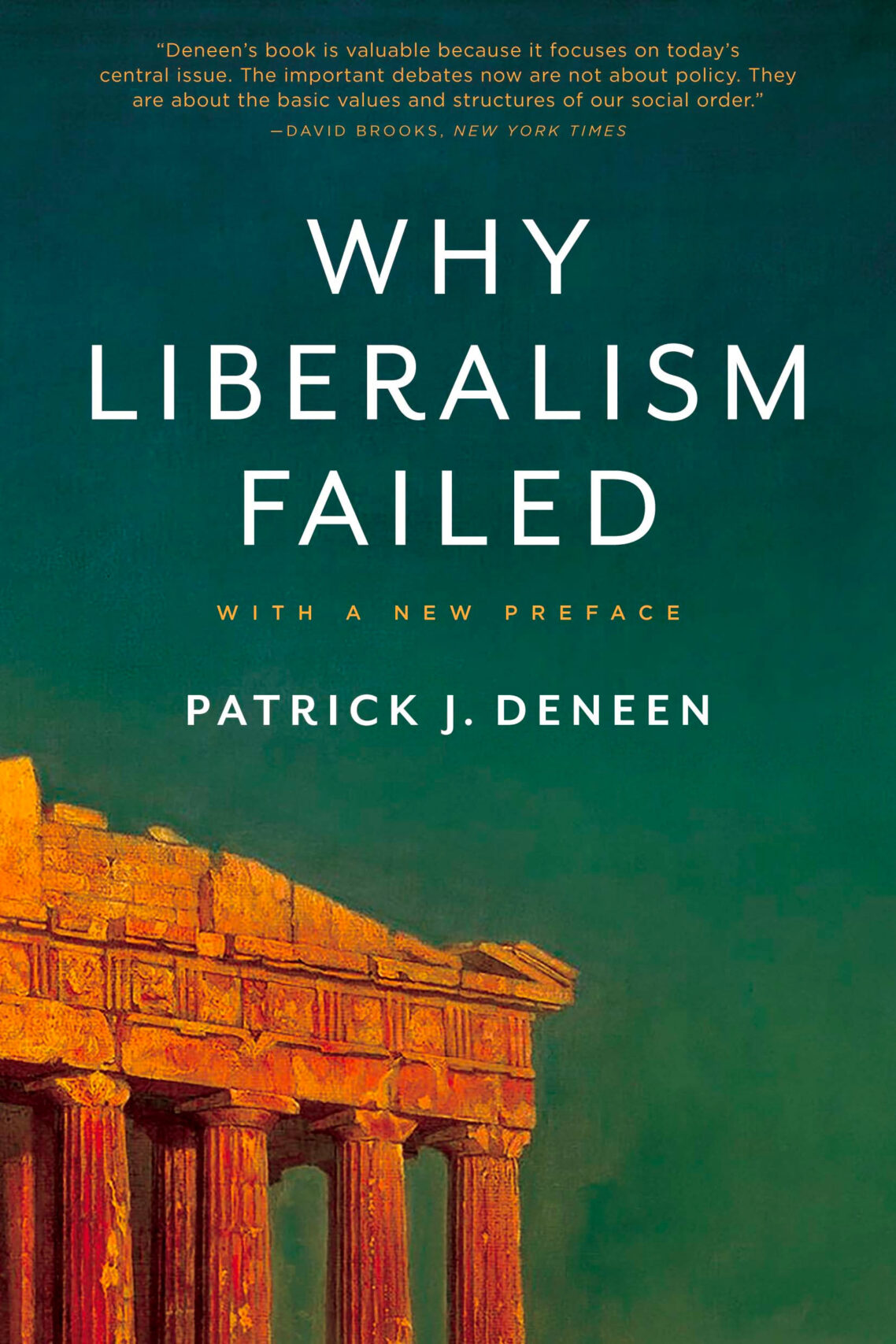
The term itself—liberalism—deceptively suggests the notion of liberty, or libertas, which in antiquity and the Middle Ages was associated with a life of virtue achieved through a liberal arts education and a reverence for traditions. To be truly free is to find ways to be fulfilled within natural and social constraints. The individual was part of a communal fabric, moving in tandem with its rhythms, imbued with a tragic view of life in which empires, like humans, are subjected to the cycles of time—birth, growth, and decay. Gradually, this anthropological notion of the human-in-the-community was—beginning with Niccolo Machiavelli, then René Descartes, Thomas Hobbes, Francis Bacon, and many of their heirs—transformed into a solitary creature whose ultimate desire is the pursuit of his or her ambitions by overcoming social and natural limits. “The individual as a disembedded, self-interested economic actor didn’t exist in any actual state of nature,” Deneen tells us, “but rather was the creation of an elaborate intervention by the incipient state in early modernity, at the beginnings of the liberal order.” The thick bonds of community were dissolved into a loose collection of individuals entrusting an ever-expanding and powerful state to protect their autonomy and facilitate their voracious depletion of natural and human resources in their quest for private profit. In this Hobbesian world, “friendships and even romantic relationships are like international alliances—understood to serve personal advantage.”
Building on Daniel J. Boorstin’s The Republic of Technology, Deneen describes liberalism as “a new kind of political technology one that replaces the ancient commendation of virtue and aspiration to the common good with self-interest, the unleashed ambition of individuals, an emphasis on private pursuits over a concern for public weal, and an acquired ability to reconsider any relationships that limit our personal liberty.” Made up of a seemingly infinite number of cultures, this liberal order is actually profoundly anticultural and anti-democratic, reducing a res publica governed by free citizens to a res idiotica, a polity of “private” and “isolated” consumers whose consent is manufactured by various technologies (including sacred documents like the U.S. Constitution) of power. Without strong local communities to shelter them from the twin forces of the police state and exploitative economy, citizens of liberal orders live in tyrannical systems that are far more reaching than had ever existed in pre-modern ages.
I am not sure why we need democracy to govern a people deeply embedded in their culture and tradition; it may very well be that the democracies that arose with the new liberal order have no relation to the Athenian model. The aristocratic system, with its hierarchies, was more suitable to the kind of society Deneen envisages. The author even quotes the astute French observer Alexis de Tocqueville saying the aristocracy “links everybody, from peasant to king, in one long chain. Democracy breaks the chain and frees each link . . . . Thus, not only does democracy make men forget their ancestors, but also clouds their view of their descendants and isolates them from their contemporaries. Each man is forever thrown back upon himself alone and there is a danger that he may be shut up in the solitude of his own heart.” The perils of democracy were well-known to the United States’ founders, just like they were to Theodor Herzl who, in his vision for a Jewish state, expressed a preference for a “democratic monarchy” or an “aristocratic republic” because unchecked democracy “produces that objectionable class of men—professional politicians.” That a despotic liberal order passes for democracy in our times is proof that both ideas are bankrupt.
Being an academic in our highly polarized times, when liberalism, with its cult of autonomy, seems to have no bounds (“borderlessness,” or the erasure of “borders and boundaries based in geography, history, and nature must increasingly be erased under the logic of liberalism”), Deneen can’t help but reflect on the fate of the liberal arts, whose soul is the humanities, the only education that is truly liberating, because “to be free—liberal—was an art, something learned not by nature or instinct but by refinement and education.” Under the cult of efficiency and return on investments, an education that instills virtue sounds like a relic from a dark past, gleefully overcome by the rise of a scientific revolution that subjects nature to human greed and mechanizes everyday life through industry and profit. Abandoning the liberal arts in favor of what was once considered “servile education,” an education concerned exclusively with money making and a life of work, and hence reserved for those who did not enjoy the title of “citizen,” is an additional nail in the coffin of the liberal order.
In his book, The True and Only Heaven, published more than twenty years ago, Christopher Lasch, whose prophetic voice and courage are amply embodied in Why Liberalism Failed, expressed this significant change nicely when he wrote: “The authority conferred by a calling, with all its moral and spiritual overtones, could hardly flourish in a society in which the practice of a calling had given way to a particularly vicious kind of careerism, symbolized unmistakably, in the eighties, by the rise of the yuppie.”
Since we are mentioning Lasch, the latter, in his critique of the ideology of progress, warns against finding solace in nostalgia, or even in the past tout court, without any connections to the present. “If the idea of progress has the curious effect of weakening the inclination to make intelligent provision for the future,” Lasch writes, “nostalgia, its ideological twin, undermines the ability to make intelligent use of the past.” For Lasch, people who are guided by a strong Christian ethic and a heroic attachment to republican values can avoid this trap; but then, again, we are talking about a dying species, not the core foundation of an alternative to liberalism or the destructive ideology of progress.
It would seem that prophetic voices like Deneen’s arise when we have long passed the point of no return. From the early colonial days all the way down to the present what defined America are its hustlers, opportunity seekers, and bounty hunters (in the larger sense of the word), not members of settled communities like the peasants of the Old World resigned to their God-given fortunes and places in the social order. It was no less than America’s first governor, William Bradford, the Mayflower pilgrim who signed America’s first political document, the Mayflower Compact, before even the self-chosen exiles who had uprooted themselves from their native land anchored in Massachusetts, who bemoaned the Pilgrims’ abandonment of the Church in search of riches the new land offered. The Puritan Colonists, as the historian Walter A. McDougall tells us in Freedom Just Around the Corner, “could never reconcile their godly ambitions with their worldly ambitions, wavering ‘between self-righteousness and self-condemnation.’” It was “a terrifying doctrine that “all but invited hypocrisy.”
The rest of American history, one might say, is a chronicle of the endless tension pitting a genuine yearning for a solid community with warm relationships against the deeply ingrained individualistic drive to chase riches and advantage in order to protect oneself against the menace of strangers and tyrannical governments. The land of opportunity has turned out to be the enemy of a rich human experience. That is what, in the end, the liberal legacy has bestowed on us.

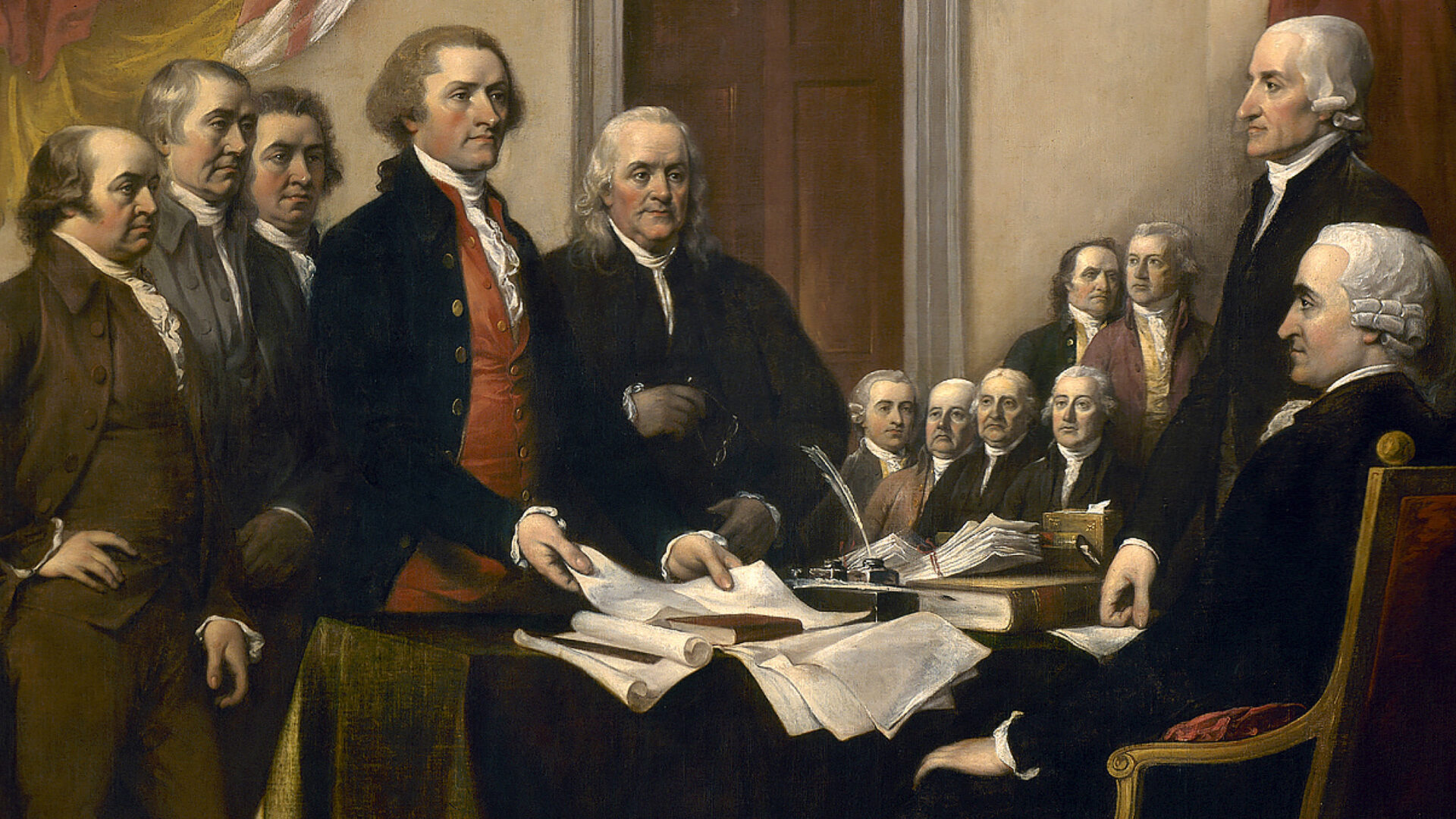
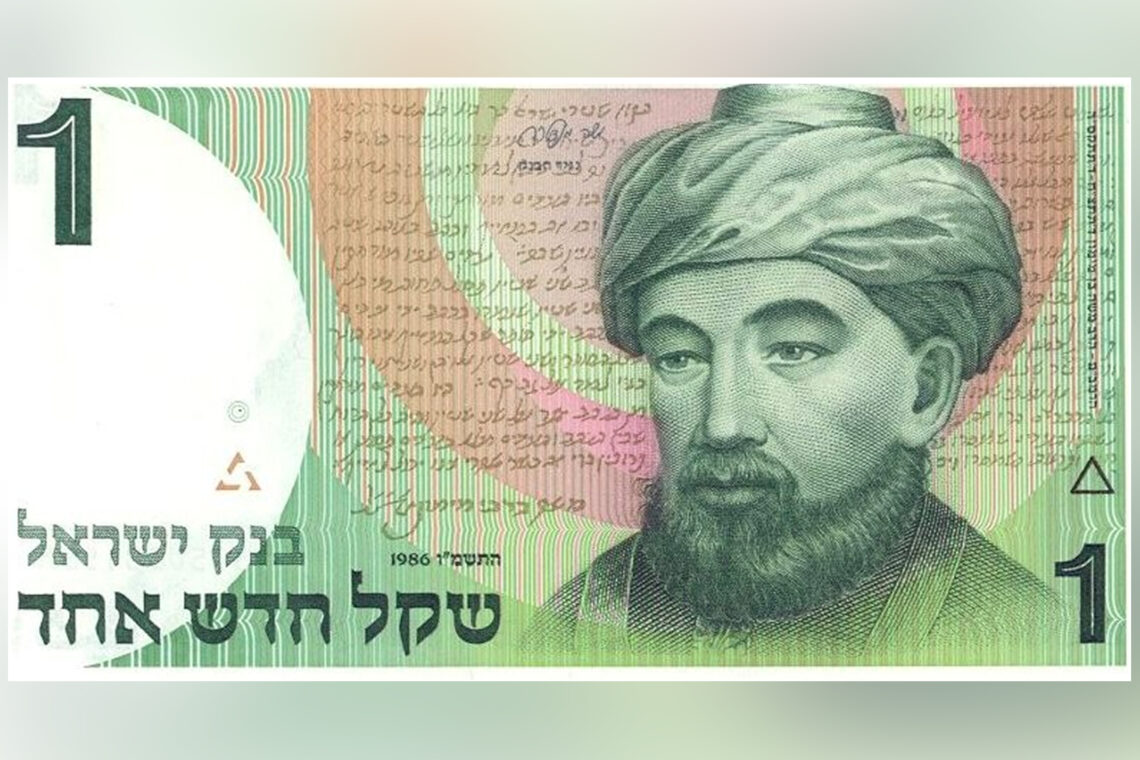
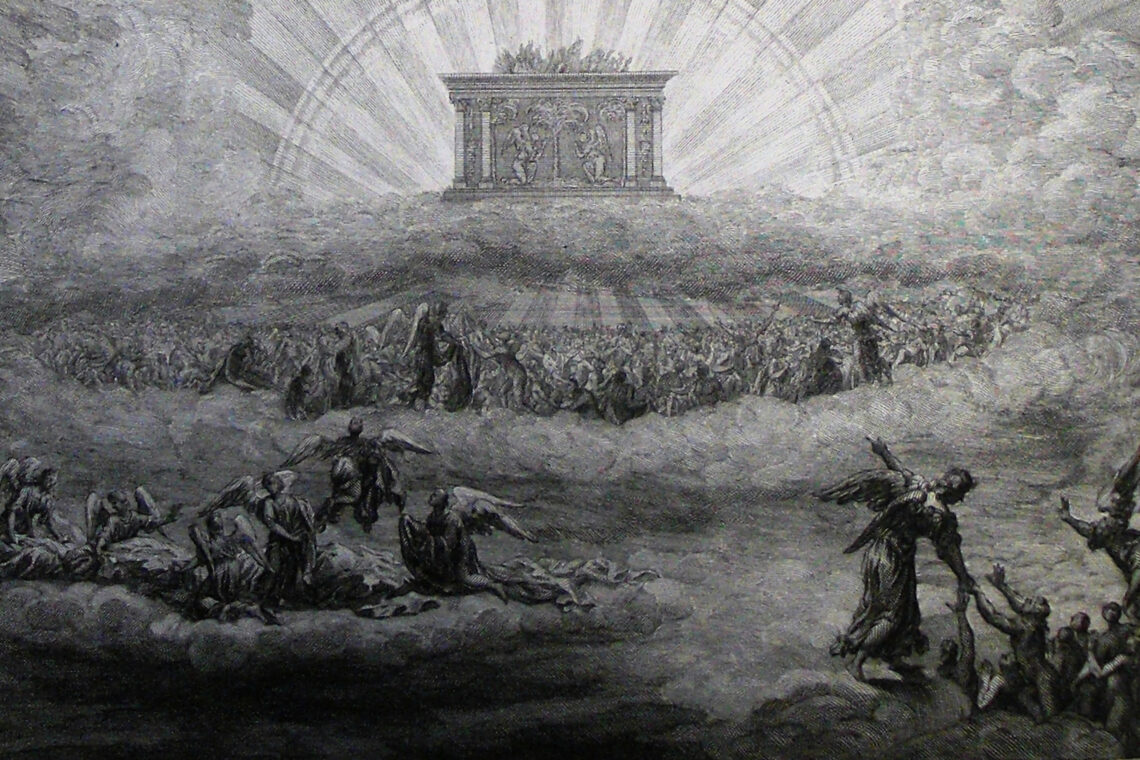
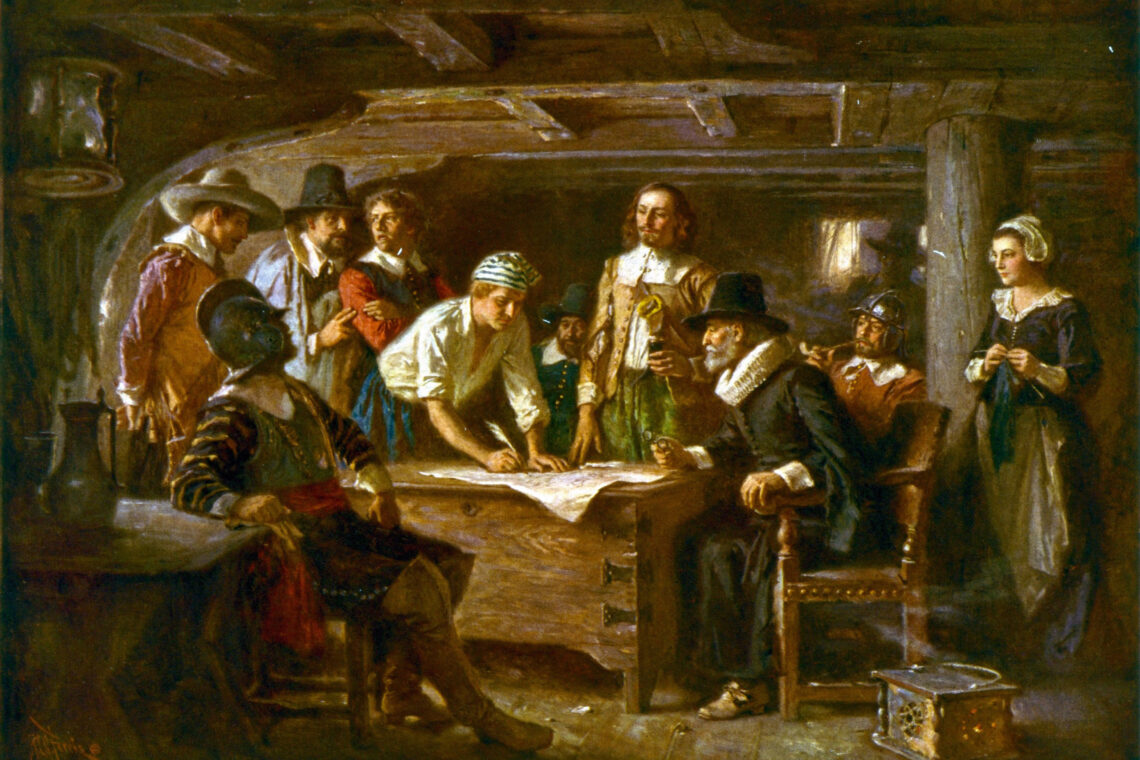
Comments are moderated by the editor and may not appear on this discussion until they have been reviewed and deemed appropriate for posting. All information collected is handled in a manner consistent with our privacy policy.